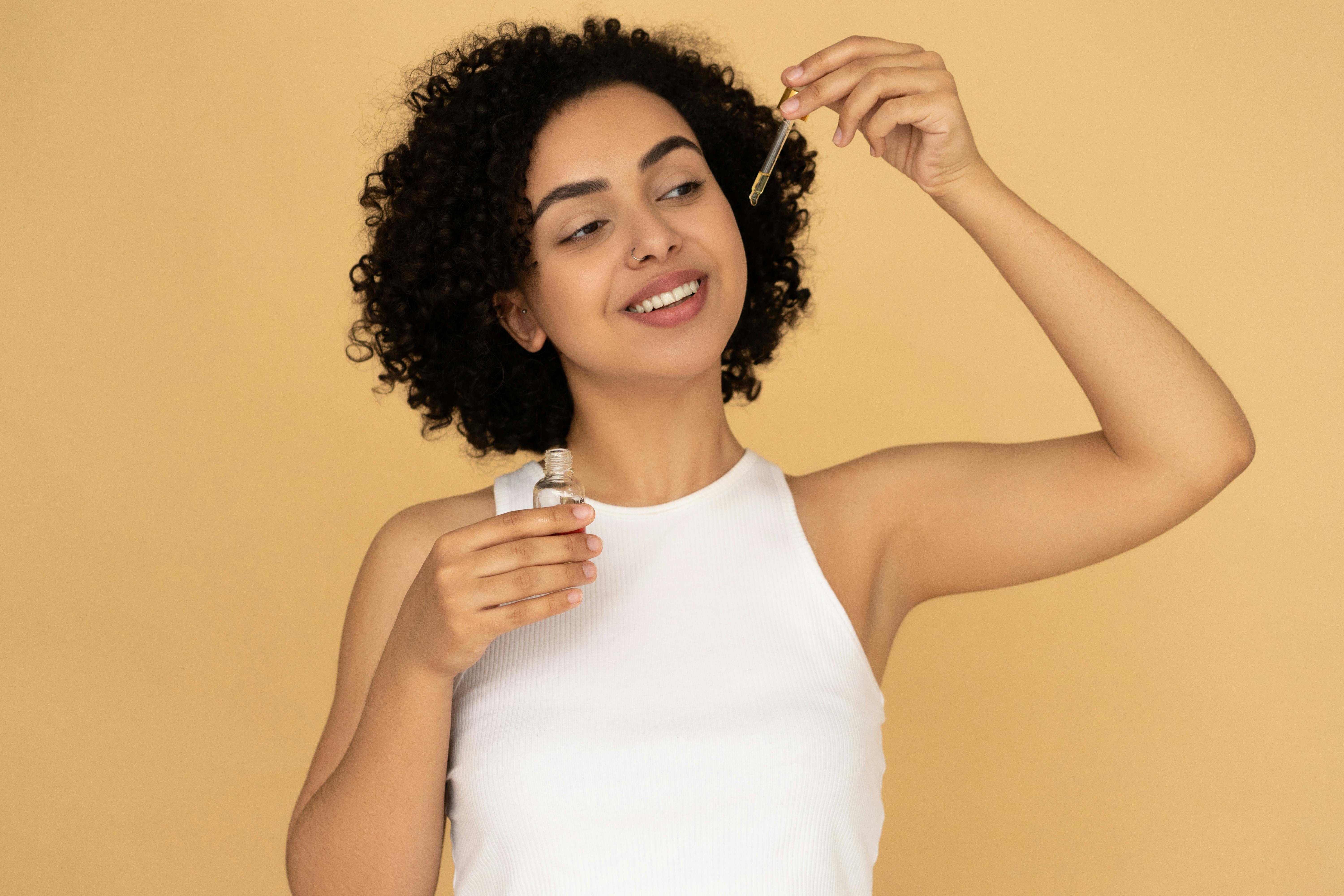Blackberry (Rubus fruticosus, folium)
It has an astringent effect (contracts and strengthens tissues). It is used as a mild anti-inflammatory to treat inflamed mucous membranes in the digestive system, which are associated with diarrhea. Blackberry leaf-based preparations contain high levels of tannins, which soothe sore throats and inflammation of the oral cavity. the flavonoids present in the leaves have a diuretic effect and accelerate the elimination of waste.
Fenugreek (Trigonella gladiata, semen)
These nutritious seeds are given to convalescent patients to help them gain weight, especially in cases of morbidity (anorexia). They help reduce fever; their calming action also makes them suitable as a remedy for gastritis and gastric ulcers. Fenugreek is also useful against diabetes and reduces the level of cholesterol in the blood. It is an extraordinarily effective roborant (tonic) for convalescents from major contagious diseases, for post-operative care patients, and to help combat tuberculosis and poor appetite.
Birch (Betula pendula, folium)
Birch is an effective diuretic, useful against all kinds of kidney and bladder disorders, dropsy or dropsy edema of the body. Urine production increases up to five times and the removal of uric acid from the bloodstream and tissues is accelerated. Symptoms of rheumatic conditions and gout improve, as do chronic bladder colds and urination problems.
Nettle (Urtica dioica, herba)
It is primarily a cleansing and detoxifying herb, but its flavonoid and potassium content also makes it an effective diuretic: it increases urine output and promotes waste elimination. It is useful against many skin disorders, including childhood eczema and arthritis (especially when associated with impaired kidney function and fluid retention).
Dandelion (Taraxacum officinale Web. sl, radix)
Dandelion preparations stimulate all the glands and muscles of the digestive tract. They increase the secretion of the salivary glands, stomach and intestine, liver, gallbladder and pancreas. Dandelion root is among the best detoxifiers. It acts mainly on the liver and the gallbladder, helping to eliminate waste substances; they also stimulate the kidneys, thus accelerating the elimination of toxins in the urine.
Burdock (Arctium lappa, radix)
Burdock has some interesting properties: it has been shown to increase urine output, detoxify the body, stimulate the liver and gallbladder, and reduce blood cholesterol.
Knotgrass (Polygonum aviculare, herba)
European herbalists use knotweed as an astringent and diuretic, especially to combat diarrhea and intestinal parasites, to stop bleeding from the nose and wounds, and to relieve excessive menstrual flow. As a diuretic, it is used to treat painful urination.
Celery (Apium graveolens, herba, fructus, radix)
A folk remedy for dropsy, urinary problems, kidney and bladder stones. It is also recommended against nervous disorders, chronic lung diseases, rheumatism and gout.
Horse chestnut (Aesculus hippocastanum, semen)
Escin, the saponin complex extracted from the seed, reduces damage to the capillaries, strengthens their walls and protects against edema (anti-exudative action). This anti-edemic action is based on a slower degradation of corticosteroid hormones, which is why it is vital for optimal functioning of the adrenal glands. Its calming effect on the symptoms of chronic venous insufficiency (“heavy legs”, feeling of tension in the legs, itchy skin over the area of varicose veins, varicose pain and inflammation) has been proven by a series of clinical tests. Aescin is thought to inhibit the incidence as well as the influence of enzymes that corrode the inner walls of capillaries.The first signs of improvement only become visible after one to two weeks of continuous use.
Calendula (Calendula officinalis, flos)
Calendula is first and foremost a skin care herb; Effectively heals most minor skin lesions. It is used for wounds and scrapes; Applied to reddened and inflamed skin, it soothes minor burns and sunburn, acne and all kinds of skin rashes. It is also useful against various fungal skin infections such as ringworm, athlete’s foot, and fungus. Its healing properties are based on its antiseptic effect; some of its compounds (especially the resins) help fight both fungi and bacteria and viruses. Calendula is also a hair astringent, which makes it very suitable for treating cuts and other wounds, varicose veins and various inflammations.
sweet almond oil
It is a classic medium weight oil. Very beneficial for the skin, it smoothes and nourishes even oily skin, giving the skin a feeling of softness. Well tolerated by all skin types.
Linseed (flax) oil
Linseed (or flax) oil is a useful remedy for the skin. Soothes and helps heal cracked skin, remaining foci of psoriasis, dry eczema and, especially, painful herpes zoster. It is even reputed to be effective against warts (if applied twice a day) and corns.
Comfrey (Symphytum officinale, radix)
Comfrey has a long history as a remedy for oozing and therefore poorly healing lesions and wounds. Its main active component was thought to be allantoin, which breaks down pus and promotes tissue regeneration; however, tannins and mucous components appear to play an important role in this wound healing effect. Allantoin alone does not have a significant effect; it is the combination with other active components that triggers its action. Today, comfrey is only used externally, for injuries where the skin has not been broken. Offers fast relief for symptoms of sprains, dislocations, bruises, bruises, periosteal diseases, and fractures. It has an antiphlogistic (anti-inflammatory) effect, promotes the growth of new bone tissue, and effectively relieves pain.
Its combination of tannins and mucilages makes comfrey an effective remedy against bruises, abrasions, acne, boils and psoriasis, as well as an excellent aid to improve wound healing.
Due to its alkaloid content, comfrey should only be used on healthy skin and for no more than 4-6 weeks a year.
St. John’s wort (Hypericum perforatum, herba)
St. John’s wort is suitable for massage, healing superficial wounds, burns, chilblains, and other skin conditions. It is also suitable for skin care, especially for blemished or cracked, dry and flaky skin. Calms sunburn as well as postoperative pain and scars. In folk medicine, it was traditionally used against tremor (trembling limbs) in the elderly and against rheumatism.
Wild garlic or bear’s garlic (Allium ursinum, herba)
Its action is identical or similar to that of garlic. In popular medicine, wild garlic is reputed to be an effective remedy against arteriosclerosis; lowers blood pressure, has a beneficial effect on platelet aggregation and lowering cholesterol levels. It also has a reputation as a remedy against asthma, bronchitis and emphysema, while its juice prevents weight loss.
Artichoke (Cynara scolymus, folium)
Artichoke leaves stimulate the secretion of digestive juices, especially gall, which makes them an effective remedy for gallbladder ailments, nausea, digestive disorders and constipation; it also lowers blood cholesterol. The leaves contain cynarin, an active component that strengthens and protects the liver.
Burdock (Arctium lappa, radix)
Burdock has some interesting properties: it has been shown to increase urine output, detoxify the body, stimulate the liver and gallbladder, and reduce blood cholesterol.
Horsetail (Equisetum arvense, herba)
In certain forms of tuberculosis, horsetail helps to isolate the foci of the disease in the lungs. Clinical trials have shown that soluble silicic acid promotes the formation of leukocytes, stimulating the body’s own defenses and thus supporting the natural healing process. Horsetail also has considerable beneficial influence against bronchial problems, rheumatism and podagra.
Echinacea or purple echinacea (Echinacea purpurea, herba)
Useful against all types of infections, it is especially effective against chronic infectious diseases and exhaustion derived from viral diseases. It is also useful against chilblains, colds, flu, skin conditions and respiratory problems. Echinacea preparations are very effective gargles against laryngeal infections. Echinacea is a very useful remedy for allergic conditions, such as asthma.
Angelica (Angelica archangelica, radix)
Angelica is a comforting and tonic herb that can be helpful against many ailments. Thanks to its warming and toning properties, it stimulates blood circulation and facilitates expectoration, thus helping against bronchitis and respiratory weakness. For respiratory problems, the root is mainly used, with the occasional inclusion of the stem and seed.
Eyebright (Euphrasia officinalis, herba)
An astringent (an agent that contracts and strengthens tissue), eyebright counteracts inflammations of the eyes and nose, increases appetite, and improves digestion. It is also an effective remedy for diseases of the respiratory system, such as colds and bronchitis, as well as digestive disorders.



